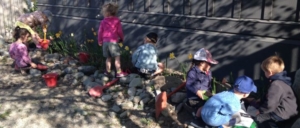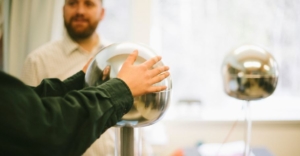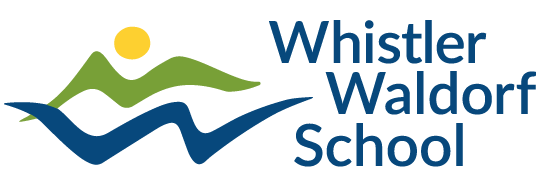The Three Fundamental Forces in Education: Balance in Teaching
 Dear Parents and Guardians,
Dear Parents and Guardians,
100 years ago, society and education had moved towards a more differentiated system, separating sciences from the arts, the arts from morality, and athletics from academics. Today, finally, educational systems all over the world are “catching up” to Steiner’s observations that separating these fundamental spheres of activity for children could be detrimental to their healthy development, and in fact, advocated that it is in their union that learning becomes an art, and education becomes a vital healing force in a young person’s life.
Rudolf Steiner mentored teachers, and called teachers to task, ensuring that their teaching incorporated a balance and integration of the arts, and sciences. This was, and still is, a fundamental basis for Waldorf Schools.
100 years ago Rudolf Steiner emphasized that the Waldorf approach was a great deal more than simply the application of a teaching method. His new art of education was born out of a knowledge of the growing child as a holistic being – embodying body, soul, and spirit.
This year is the 100th anniversary of Waldorf Education and we believe that one hundred years is only the beginning. In celebration, we will be highlighting the breadth of our curriculum over the course of the year and warmly invite you to join!

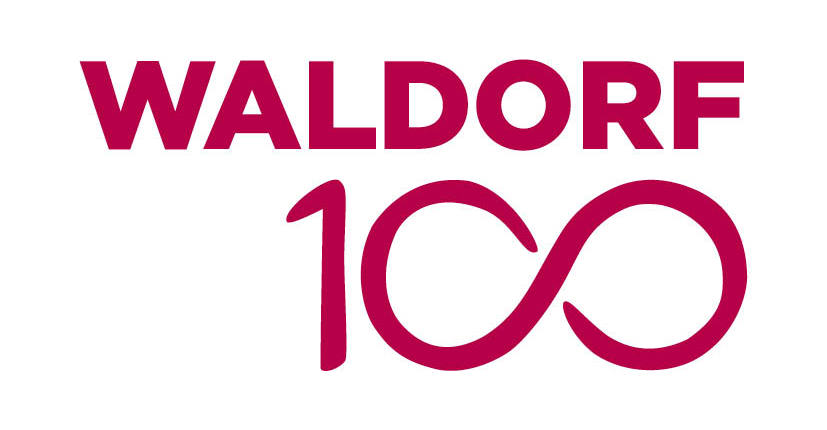
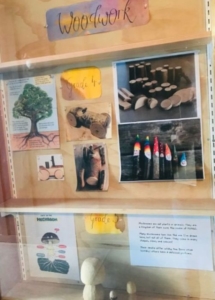 The return of the school year brings us all together again while the summer days are coming to a close. As the sun rays diminish we now begin to turn inward, and can be excited and challenged to turn also, to the fiery warmth of our school community in the fall. The turning of the leaves are a beautiful vision, yet can be a symbol of a cyclic transitions within a familiar environment: the returning rhythms of school, the bustle of after school programs, homework and packed lunches, the complexity of old relationships and the challenges of new ones.
The return of the school year brings us all together again while the summer days are coming to a close. As the sun rays diminish we now begin to turn inward, and can be excited and challenged to turn also, to the fiery warmth of our school community in the fall. The turning of the leaves are a beautiful vision, yet can be a symbol of a cyclic transitions within a familiar environment: the returning rhythms of school, the bustle of after school programs, homework and packed lunches, the complexity of old relationships and the challenges of new ones.
